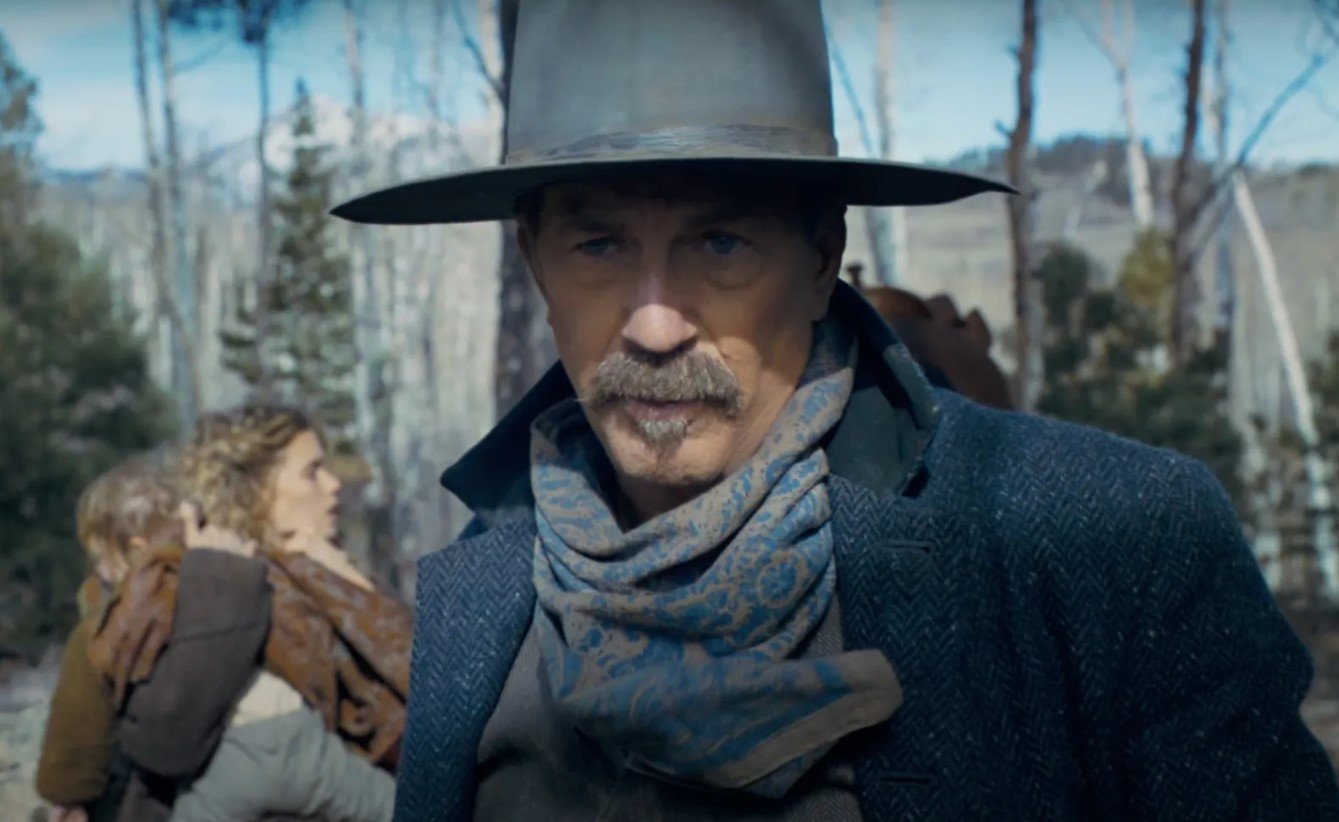A Hollywood stunt performer has filed a lawsuit against Kevin Costner, accusing the actor-director of orchestrating an unscripted and non-consensual simulated rape scene during the filming of his Western saga, Horizon: An American Saga: Chapter 2. The allegations have stirred fresh controversy around on-set safety and consent protocols in the film industry.
Devyn LaBella, 34, a seasoned stuntwoman and former gymnast, launched the suit Tuesday in Los Angeles Superior Court. She claims Costner — who is not only starring but also directing and co-writing the Horizon series — allowed an unexpected and highly traumatic scene to unfold without warning, rehearsal, or proper safety measures.
The lawsuit paints a grim picture of a shoot gone wrong, and it signals a potential reckoning for how Hollywood handles intimate and violent scenes.
Allegations of an Unscripted Scene Without Consent
According to LaBella’s filing, the production initially followed industry best practices. She was stunt double for Ella Hunt, one of the film’s lead actresses, and had previously performed a planned sexual assault scene with all the right precautions in place: rehearsals, an intimacy coordinator, and limited crew members. That scene, filmed in May 2023, was demanding but properly managed.
However, the very next day, the lawsuit alleges, Costner ordered an actor to pin LaBella down on a wagon in a sudden, unchoreographed sequence simulating rape — a move that took her completely by surprise. The scene was repeated multiple times at Costner’s request, with no clear indication when filming started or stopped.
“There was no escaping the situation, and all Ms. LaBella could do was wait for the nightmare to end,” the complaint states. LaBella describes enduring “profound” trauma that has deeply affected her both professionally and personally.
The suit also asserts that union rules and established safety standards were blatantly ignored, highlighting a failure to protect performers in vulnerable situations.

Costner’s Camp Responds, Disputes Claims
Kevin Costner’s attorney, Martin Singer, issued a swift rebuttal. He said the claims have “absolutely no merit” and argued that LaBella’s own actions contradict her allegations.
Singer explained that the scene in question was fully explained to LaBella beforehand. She even rehearsed it with the other actor and gave a “thumbs up” to her stunt coordinator, signaling her readiness to proceed. According to Singer, she was in “good spirits” after filming and even shared dinner with her stunt supervisors — events inconsistent with someone traumatized.
He also shared a text message LaBella sent at the end of production thanking her stunt coordinator for “these wonderful weeks,” implying a positive working relationship.
Further, Singer labeled LaBella a “serial accuser” within the entertainment industry and dismissed the lawsuit as a “shakedown.”
A Veteran Performer’s Perspective
LaBella has steadily built a career since 2020, working on projects like Barbie and Yellowjackets. This lawsuit could mark a turning point in how stunt performers speak out about on-set treatment, especially regarding sensitive scenes.
In the complaint, LaBella describes recurring emotional distress following the incident, including uncontrollable crying on set and ongoing feelings of humiliation. The trauma, she says, has disrupted her career and will require years of healing.
These claims strike a chord beyond one production. Across Hollywood, performers have voiced concerns about the sometimes blurry lines of consent on set, especially when it comes to simulated violence and sexual assault scenes.
Industry Standards Under Scrutiny
Hollywood productions generally adhere to strict protocols involving intimacy coordinators and rehearsals for scenes with sexual content or violence. These measures aim to protect actors and stunt personnel alike, making sure everyone knows what to expect and consents to the portrayal.
Here’s a quick overview of typical safeguards in place for such scenes:
| Safety Protocol | Purpose |
|---|---|
| Intimacy Coordinators | Specialists who choreograph and oversee intimate scenes |
| Rehearsals | Practice runs to ensure performer comfort and safety |
| Minimal Crew Presence | Limits exposure and helps maintain privacy |
| Clear Communication | Defining when filming starts and stops |
| Consent Confirmation | Performer agreement before shooting sensitive content |
LaBella’s suit claims these steps were blatantly ignored during the unscripted scene. If true, the alleged lapses would be serious violations of both union contracts and accepted industry norms.
The Future of “Horizon” and Broader Implications
Costner had aimed to make Horizon: An American Saga a landmark, four-part Western epic — a passion project spanning three decades. The first installment premiered in June 2024 but underperformed at the box office, prompting delays on the second chapter’s release.
Now, this lawsuit threatens to further complicate the franchise’s future. Apart from financial damages, LaBella is demanding that Costner and the production companies undergo sexual harassment training, implement mandatory intimacy coordinators on future shoots, and issue her a public apology.
While the case unfolds, it underscores ongoing questions about performer safety, power dynamics on set, and Hollywood’s readiness to confront uncomfortable issues. As more voices emerge, productions may face increased pressure to ensure safe environments — especially in scenes where boundaries can quickly blur.
Is this a turning point for how Hollywood handles intimate scenes, or just another legal battle in a long line of similar claims? Only time will tell.
































